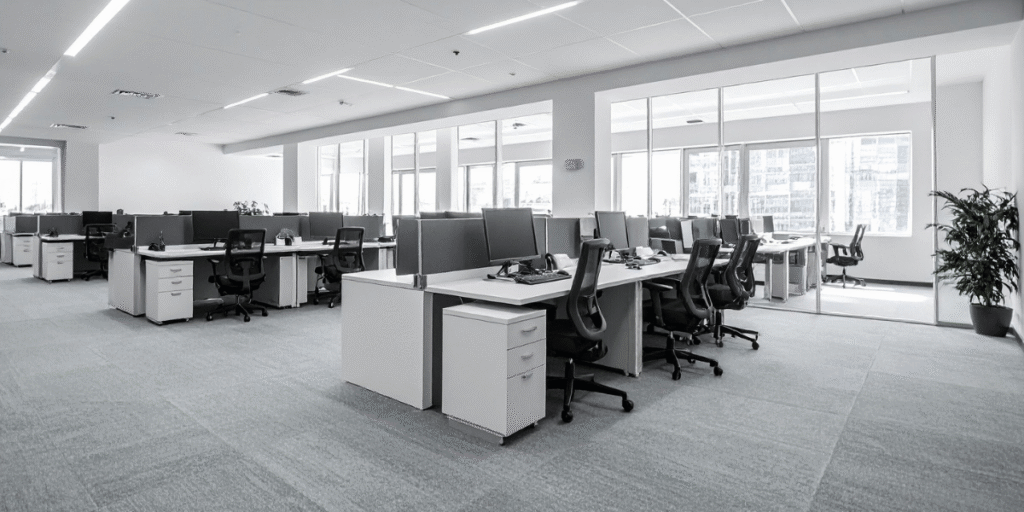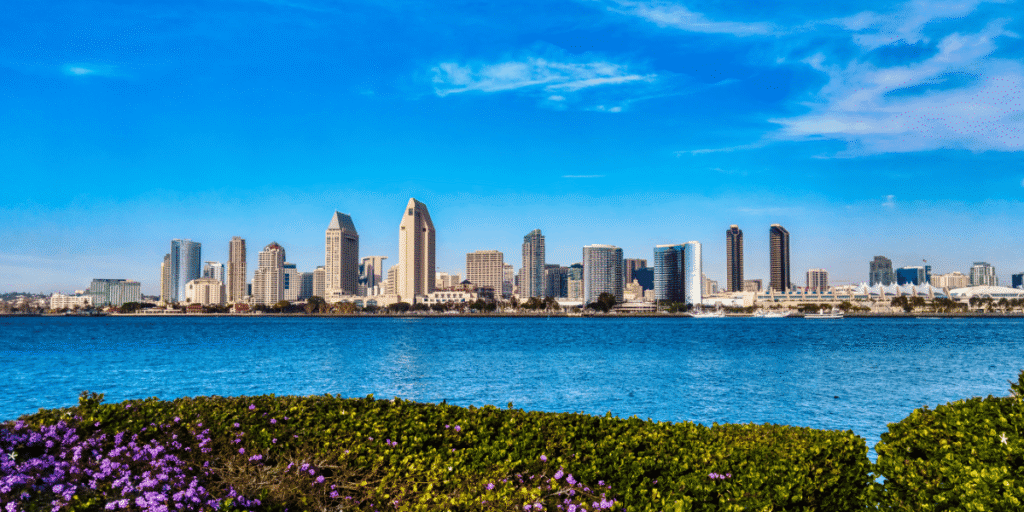SF’s Resilience: Navigating Tech Layoffs and Store Closures

Tech giants like Salesforce, Google, Microsoft, and Amazon have announced layoffs, while shops are closing in downtown San Francisco, signaling a challenging start to 2024.
Despite these setbacks and lingering effects of the pandemic, including high office vacancy rates and reduced transit ridership, economists reassure that San Francisco’s economy remains relatively strong.
The unemployment rate in San Francisco was 3.5% in December, which hasn’t changed much recently, but it’s higher than the 2.2% in December 2022, according to state data.
Chris Thornberg of Beacon Economics compares the situation to rearranging deck chairs on a boat still sailing. “The Bay Area’s economy is fine,” he stated.
While challenges persist, experts don’t foresee a worst-case scenario of a massive recession or population decline. San Francisco’s slow recovery continues, with recent data showing a rebound in population growth since mid-2021.
Thornberg believes the idea of a “doom loop” doesn’t make sense because although downtown San Francisco faces challenges, neighborhoods outside remain lively.
During the pandemic, the tech industry saw significant growth, but Thornberg sees recent layoffs as a necessary adjustment rather than a collapse.
In the San Francisco area, including San Mateo County, tech jobs dropped about 5% from August 2022 to the end of 2023, but they’re still about 14% higher than before the pandemic in 2019.
Despite global tech layoffs, local tech employment hasn’t decreased much, indicating that many layoffs are happening outside the Bay Area. Remote workers are more likely to be affected by layoffs.
However, there are some signs of an economic slowdown, such as decreased BART and Muni ridership, fewer Bay Bridge crossings, and a weaker convention calendar compared to 2023.
San Francisco’s retail sector is weaker than other parts of California, with low sales tax data and job losses in the sector.
Egan emphasizes the significant impact of remote work, which shows no signs of reversing. “Remote work is a major, major change that doesn’t seem to be reversing”, Egan said.
He suggests it’s better to have empty offices than unemployed residents. As Egan predicted last year, office rents and sales prices are dropping. This might encourage companies to lease downtown spaces again, revitalizing the area.
However, it’s uncertain how much and when this will happen. He believes it will take several years to unfold.
Many real estate brokerages expect the office vacancy rate to peak this year and then decrease. It reached around 36% by the end of last year, a record high.
Despite tech companies downsizing, the overall economy is strong. The U.S. added 353,000 jobs in January, surpassing analysts’ expectations. Predictions of a recession have decreased, and consumer sentiment has improved.
Olu Sonola, from Fitch Ratings, remains confident in the labor market. He believes that, unlike the dot-com bust, tech job cuts won’t lead to a widespread economic downturn, given the industry’s current size and stability.
The Federal Reserve didn’t raise interest rates last week, which should benefit tech companies, especially startups seeking funding.
However, there are still risks: Increasing mortgage defaults, particularly in San Francisco, are causing property owners to lose their buildings. This includes major properties like the city’s largest hotel and mall. Fitch is concerned about a “contagion effect,” where regional banks could collapse due to bad loans.
Fitch doesn’t expect a recession this year but predicts slower national growth. San Francisco’s government is facing revenue challenges due to sluggish growth. However, the city has a large fund balance, and Fitch maintains its “AA” credit rating with a stable outlook.
According to Ken Rosen, many of San Francisco’s issues are political, not economic. Crime is a significant problem, and safety concerns have led major retailers like Whole Foods and Target to close stores.
Rosen believes that improving public safety is crucial for bringing people back to the office. He supports stricter crime policies and moderate candidates for the Board of Supervisors.
“We’re going through a transition,” Rosen said. “It’s uncomfortable.”
Despite the strong economy, many people are feeling discontented. Thornberg believes this disconnect between economic prosperity and public mood stems from other factors beyond the economy.




